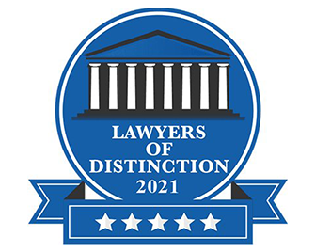As an adult in Maryland, people have the authority to make their own decisions. In many situations, the adult is the only person legally able to make decisions for themselves. Adults may suffer various injuries or illnesses that affect their cognitive abilities. They may not be able to completely understand the decision before them.
In these situations, it may not be wise for people to make certain decisions, but they are still the only ones who can legally make it. However, there is a way that another adult can step in and make the decisions for people in these situations. A judge could appoint a guardian for them through guardianship proceedings.
Factors analyzed when granting guardianships
Guardianships are not taken lightly given the serious restrictions they impose on people’s ability to make decisions for themselves. When deciding whether to grant a guardianship, the judge must analyze three factors:
- First: Whether the person truly lacks the capacity to make decisions on their own. This requires more than just proving they have a certain injury or illness that affects their cognitive ability.
- Second: Judges need to determine if there are less restrictive ways to protect the person, such as powers of attorney, health care directives, authorized payers and other options.
- Third: The judge must determine that the proposed guardian is qualified and capable of providing the services guardians need to provide. They need to analyze the relationship of the proposed guardian to the person, how willing they are to be the guardian and other qualifications.
It is not a position people in Maryland want to be in, but unfortunately, sometimes they may no longer be able to make decisions on their own. Guardianships are important tools to be able to protect people in vulnerable situations, but they are also serious actions that have significant ramifications for both the person and the guardian. Experienced attorneys know how guardianships work and how guardians are appointed. Consulting with one could be helpful.





